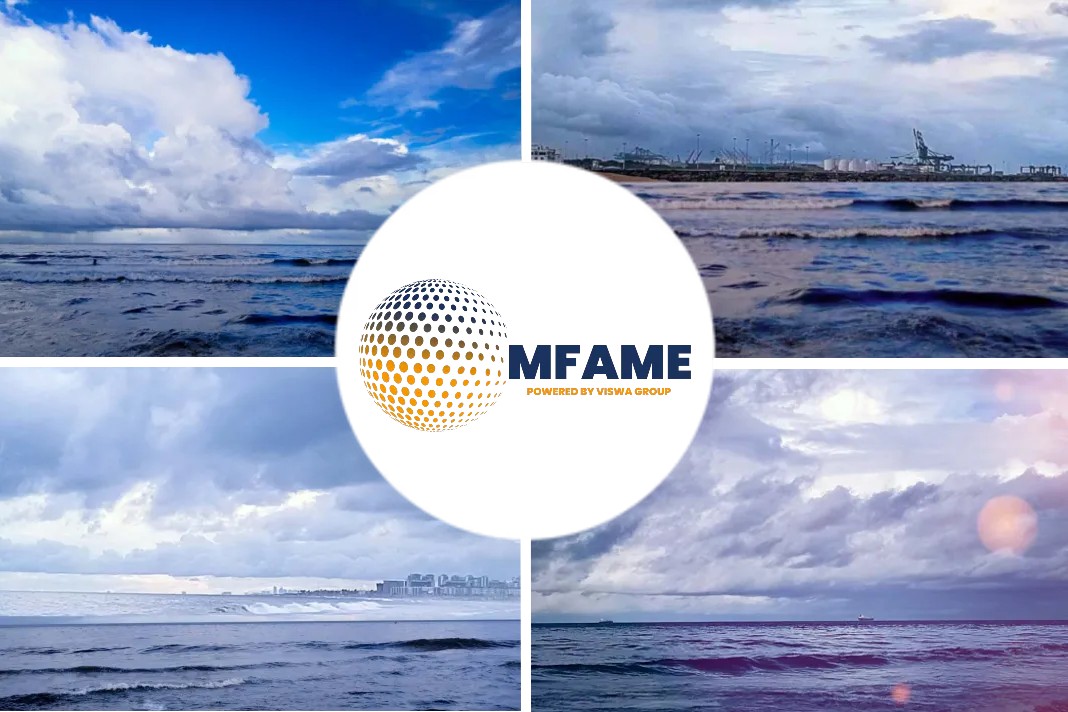According to an article published on Saftey4sea, Non-governmental organizations are calling on the IMO to immediately reduce climate-warming emissions of black carbon from ships currently using heavy fuel oil in the Arctic by some 44%, by switching them to cleaner distillate fuels.
NGOs call IMO to halve Arctic black carbon by switching fuels
“This week the IMO has the opportunity put in place rapid and effective regulations to protect the Arctic and the global climate from the warming impacts of black carbon emissions, by obliging vessels operating in the Arctic to switch to cleaner shipping fuels” states Dr. Sian Prior, Lead Advisor to the Clean Arctic Alliance, an international coalition of 21 non-profit organizations.
As Ms. Prior explains, “mandating a switch of fuels in order to cut black carbon emissions in the Arctic would be an easily-won victory for both the IMO and the shipping industry, and put the sector on course towards decarbonization”.
“At PPR 8, the IMO should put in place regulations to ensure the shipping industry switches to distillate fuels, such as diesel or marine gas oil (MGO), or other cleaner energy sources, for vessels operating in or near the Arctic. In addition, vessels using diesel or MGO should also be required to install and use particulate filters, as are already required by land-based transport”, added Ms. Prior.
In addition, Austin Ahmusak, Kawerak Marine Advocate, Nome, Alaska, said that indigenous Arctic communities are extremely concerned about the profound climate changes. For this reason, it is important that humanity does not stand ‘‘idly by and accept the current status quo with respect to greenhouse gas emissions, as well as black carbon.”
“Black carbon is just one issue that Arctic Indigenous people need the global community to address. Reducing black carbon from all sources, including shipping is essential – to help to save Arctic species, ensure Indigenous community health, and to prove that humans are worthy stewards of the globe. We call on the whole world to dramatically reduce its black carbon footprint, and the IMO can lead on this by cutting black carbon from Arctic shipping”
According to HFO Free Arctic, climate change is having a more rapid impact in the Arctic than anywhere else right now.
Did you subscribe to our daily newsletter?
It’s Free! Click here to Subscribe!
Source: Safety4Sea
















